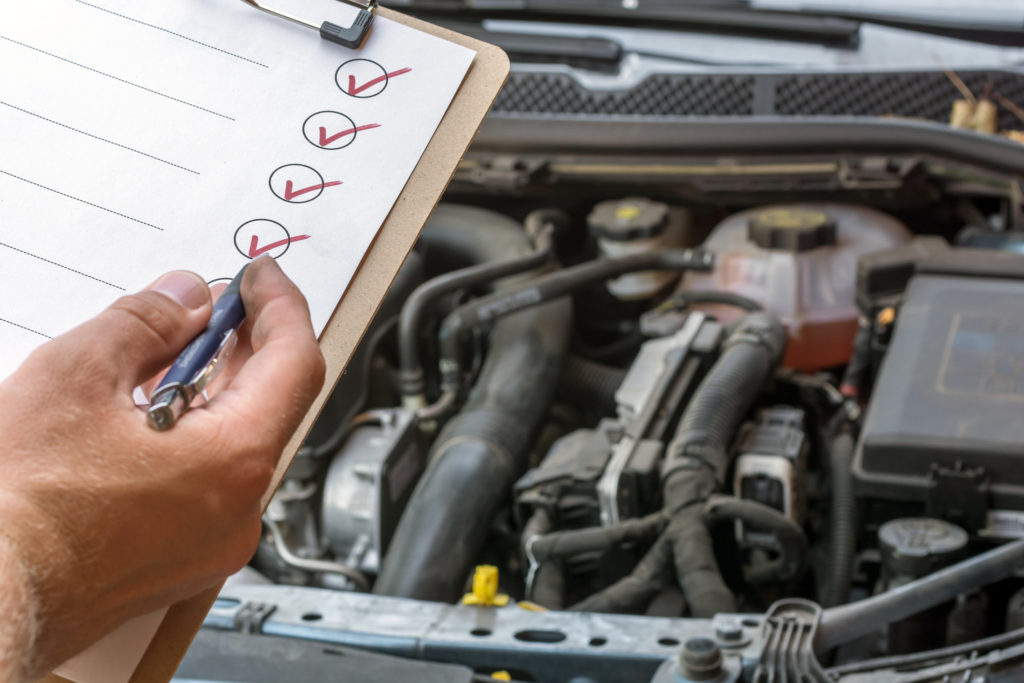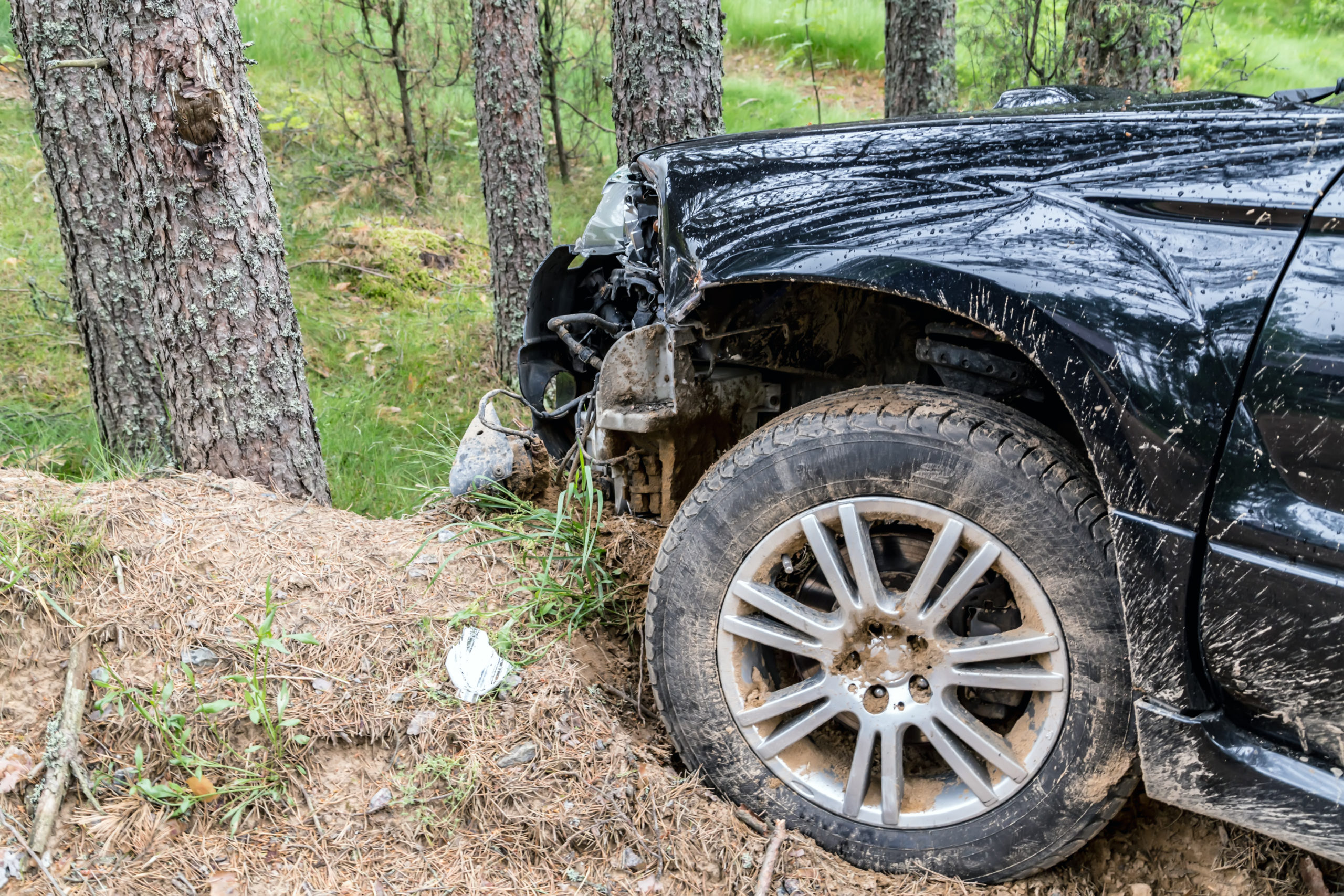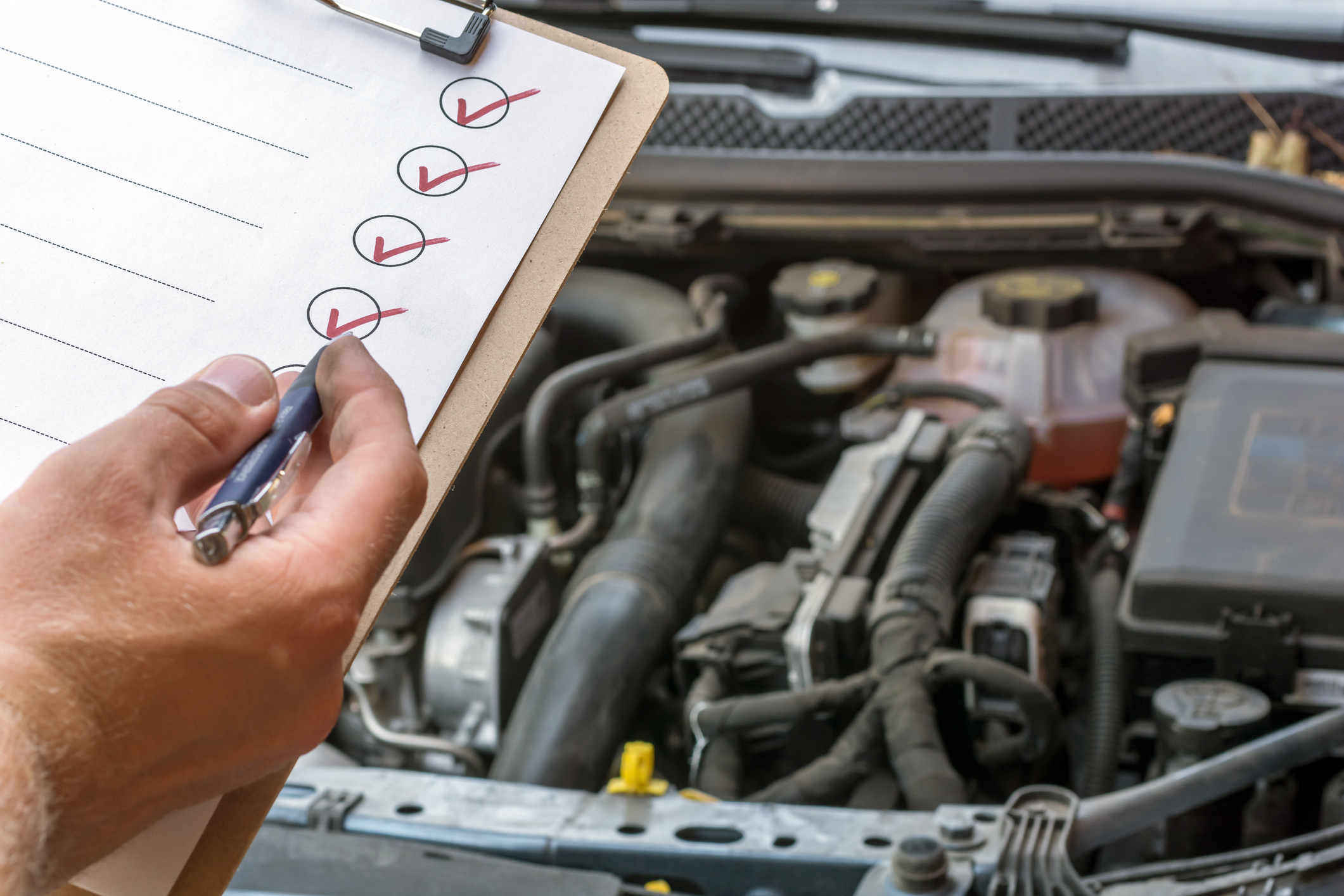
Although car insurance is a requirement for every driver in New Jersey, it can be difficult to understand. When someone gets in an accident, the amount of compensation they can get often depends on both their car insurance and the car insurance of other drivers involved in the accident.
What’s in a Car Insurance Policy?
Every car insurance policy contains multiple types of coverage. Broadly speaking, there are two basic types of coverage: first-party, which compensates the policyholder for losses, and third-party, which compensates people injured by the policyholder’s negligence. Third-party coverage protects policyholders in the event that they’re sued and have to pay someone they’ve injured.
New Jersey’s car insurance system is different from most states because it is a no-fault system. That means every policy must include first-party Personal Injury Protection (PIP) benefits, which compensate the policyholder for bodily injuries sustained in a car accident, regardless of who is at fault.
Below are the types of coverage that must be included in every New Jersey car insurance policy by law:
- Property Damage Liability: Third-party coverage for property damage caused by the policyholder
- Personal Injury Protection: First-party coverage to compensate the policyholder and their dependents for injuries suffered in a car accident
In addition to these required types of coverage, insurance policies can also contain several optional types of coverage:
- Bodily Injury Liability: Third-party coverage for bodily injuries caused by the policyholder
- Uninsured/Underinsured Motorist: First-party coverage available to the policyholder when a negligent driver’s bodily injury liability coverage does not fully compensate them for injuries
- Collision: First-party coverage that pays for damage to the policyholder’s car if they get into an accident with another car or object
- Comprehensive: First-party coverage that pays for damage to the policyholder’s car if it suffers damage unrelated to an accident, like vandalism or fire
Each type of coverage has a policy limit. A policy limit is the maximum amount the policy will pay for a specific type of claim. Usually, the policy limit is on a per person and per accident basis: the policy covers a certain amount of injury per person, capped at a certain amount per accident. This is a maximum: the policy will never pay out more than a claim is worth.
For example, Bodily Injury Liability coverage might have a $15,000 per person, $30,000 per accident limit. In any accident, the policy would pay no more than $15,000 to an injured person, and no more than $30,000 in a single accident. The policyholder would be personally responsible for paying anything over those limits.
New Jersey divides policies into two varieties largely based on policy limits: Basic policies, which have very low policy limits, and Standard policies, which have more types of coverage and allow the buyer to select higher policy limits.
The limitation on lawsuit option, or verbal threshold, is the last main component of a car insurance policy in New Jersey. A policy can come with either a Limited Right to Sue or an Unlimited Right to Sue.
The holder of a Limited Right to Sue policy, sometimes called the verbal threshold, normally may only collect Personal Injury Protection benefits if they are injured in a car accident. They may not sue the other driver for personal injury unless they suffer a permanent injury, such as disfigurement, disability, or loss of a body part. Basic policies are always Limited Right to Sue, as are most Standard policies.
Buyers of Standard policies can select the Unlimited Right to Sue option, which allows them to file personal injury lawsuits any time they’re injured in a car accident, whether or not the injury is permanent.
Personal Injury Protection Benefits
Personal Injury Protection, or PIP, benefits are the primary form of compensation for those who are injured in car accidents. PIP benefits are a form of first-party, no-fault coverage: the injured person collects the PIP benefits under their own policy, regardless of who is at fault for the accident.
PIP benefits are available almost any time a person is injured while using their car. For example, in the case of Stevenson v. State Farm, a court held that a person who was shot while being carjacked was entitled to PIP benefits. In another case, Ohio Casualty Corp. v. Gray, a driver received PIP benefits after he was injured by a shopping cart that blew into him while he was inspecting damage to his car. As these cases demonstrate, if an insurance company refuses to pay PIP benefits, a lawyer can often sue to make them pay out.
However, PIP benefits have some limits. First, PIP benefits only cover what the law calls economic damages. Economic damages are medical bills and lost wages from missing work due to time spent recovering from an injury. Economic damages do not include pain and suffering, long-term disability, loss of enjoyment of life, or emotional distress. This means that PIP often does not fully compensate for serious injuries.
Second, PIP is always subject to a policy limit. Policyholders can select a policy limit as low as $15,000 or as high as $250,000 per person. Certain injuries, including significant brain and spine injuries as well as other traumatic injuries that require immediate care after an accident, have a policy limit of $250,000, regardless of the limit in the policy itself. However, medical bills can be very high, and it’s possible that PIP benefits won’t cover them all.
Whether because of pain and suffering or because of high medical bills, it’s unfortunately common for PIP to not cover the full cost of an injury. In these cases, it’s necessary to file a personal injury lawsuit against the person at fault for the accident to receive full compensation.
Bodily Injury Liability Coverage
Bodily Injury Liability benefits cover a driver for personal injury claims brought by third parties against him or her. Unlike PIP benefits, they don’t cover a driver’s injuries: they cover the injuries of those harmed by the driver. Also unlike PIP benefits, they cover pain and suffering as well as other forms of non-economic damages.
Bodily Injury Liability coverage therefore comes into play in two main types of situation: first, if the injured person does not have PIP benefits (for example, pedestrians or out-of-state drivers), and second, if the injured person’s PIP benefits did not cover the full cost of the accident. This second scenario can come up either because the medical bills and lost wages were over the injured person’s PIP policy limit, or because the injured person suffered non-economic damages like pain and suffering.
Anyone who has suffered severe injury in a car accident is better off if the person who injured them has a high Bodily Injury Liability policy limit. Damages for severe personal injuries can be worth hundreds of thousands of dollars, and most drivers will be unable to pay them without help from an insurance company.
Uninsured and Underinsured Motorist Coverage
When PIP benefits aren’t enough to cover the full cost of an accident, and the driver at fault doesn’t have enough Bodily Injury Liability coverage to pay for the difference, the injured driver’s Uninsured or Underinsured Motorist coverage can make up some or all of the difference.
Strictly speaking, Uninsured Motorist and Underinsured Motorist are two different types of coverage. Uninsured Motorist coverage applies when the driver at fault for the injury was either uninsured or never identified (for example, in a hit-and run). Underinsured Motorist coverage applies when the driver who caused the injury does not have enough Bodily Injury Liability coverage to pay the entire cost of the injury.
Either form of coverage pays out to the policyholder the difference between their injury or the policy limit and what they received in compensation from the other driver’s insurance. For example, if a person had $100,000 in Underinsured Motorist coverage, had $50,000 more in medical bills than their PIP covered, and received $15,000 from the other driver’s insurance, the person would receive $35,000 in Underinsured Motorist benefits.
Unlike PIP, Uninsured and Underinsured Motorist coverage do cover non-economic losses. This makes them a valuable source of compensation when injured by another driver. New Jersey only requires drivers with standard policies to carry $15,000 of Bodily Injury Liability coverage, which is very often not enough to cover a person’s non-economic losses. A robust Underinsured Motorist policy can make a huge difference in what a person is able to receive in compensation.

Case Study: $21 Million
What makes this case unique: Defense witness testified in favor of plaintiff; judge was a former Attorney General who had lost a substantial case to Mr. Rosenblum years earlier; Appellate Court actually increased the award amount.
Frequently Asked Questions
The minimum policy someone can buy is a basic policy without options, which covers $5,000 of Property Damage Liability and $15,000 per accident in PIP benefits.
A basic policy is cheaper than a standard policy but usually has lower policy limits, fewer types of coverage, and fewer options for different policy limits and types of coverage.
Anyone who gets into a car accident but does not have car insurance is barred from filing a personal injury lawsuit, meaning they can’t be compensated for their injuries. Thus, it’s very important to buy car insurance.
If you or a loved one has been injured in a car accident and need help sorting through insurance options to cover damages, contact Rosenblum Law for a free consultation today. Our experienced personal injury attorneys have handled many car accident cases and know how to get you as much of the compensation you deserve as possible. Call 888-815-3649 or email us.







 888-815-3649
888-815-3649
